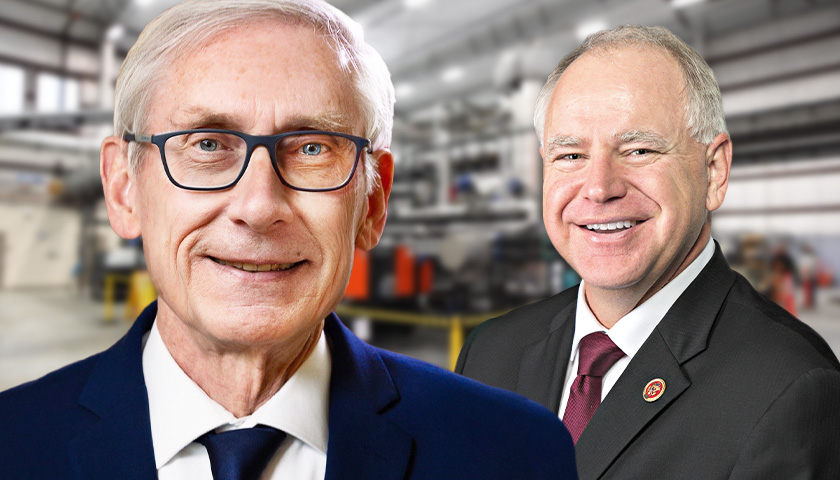by Scott McClallen
Seven Midwest states entered a coalition to pursue clean hydrogen development as an alternative to gas and diesel fuel.
The governors of Illinois, Indiana, Kentucky, Michigan, Minnesota, Ohio, and Wisconsin signed onto the Midwest Hydrogen Coalition. The coalition will accelerate clean hydrogen development, from production and supply chain to distribution in agriculture, manufacturing, transportation, and other industries.
“The development of clean hydrogen markets will create jobs and strengthen industries across our state,” Minn. Gov. Tim Walz said in a statement. “I am proud to join a coalition that will work to expand the clean energy economy and reduce climate impacts on future generations across Minnesota and the U.S.”
The memorandum of understanding says the seven states have advantages in the production, transportation, and end-use of hydrogen. The federal Infrastructure Investment and Jobs Act gave the U.S. Department of Energy $8 billion for clean hydrogen hubs.
The M-H2 Coalition will evaluate possibly pursuing a Hydrogen Hub application. Applications are expected to open in the Fall 2022. The M-H2 Coalition will develop partnerships with commercial, university, research, and nonprofit organizations to a market for clean hydrogen.
Hydrogen is colorless and odorless gas. Hydrogen can be produced using renewable energy, nuclear, natural gas, and coal and oil, but most hydrogen is produced nationwide via natural gas, according to the DOE.
When hydrogen is used in a fuel cell, the only byproduct created is water.
“We don’t have to choose between clean energy and clean air and creating good-paying jobs and a strong economy—we can do both,” Wisc. Gov. Tony Evers said in a press release.
The states plan to leverage tax credits for hydrogen production via the Inflation Reduction Act to make clean hydrogen competitive with gas and diesel fuel. Vehicles can run on hydrogen but expensive fuel cells and limited hydrogen fueling stations have crippled the alternative fuel from challenging the sprawling national network of gas stations. The nation has 54 hydrogen vehicle fueling stations, and all but one are in California, according to the U.S. Department of Energy.
In 2021, Toyota Motor Manufacturing Kentucky announced a $461 million upgrade to its Georgetown manufacturing plant so it can assemble integrated dual fuel cell modules destined for use in hydrogen-powered, heavy-duty commercial trucks.
“The automotive industry is undergoing fundamental change,” Kentucky Transportation Secretary Jim Gray said in a statement.. “We’re looking to the future, and alternative fuels will offer consumers more choices to power their drives. Kentucky, already becoming the capital of electric vehicle battery production, and now with three interstates designated as hydrogen fuel corridors, is ideally positioned for a leadership role.”
– – –
Scott McClallen is a staff writer covering Michigan and Minnesota for The Center Square. A graduate of Hillsdale College, his work has appeared on Forbes.com and FEE.org. Previously, he worked as a financial analyst at Pepsi.
Photo “Tony Evers” by Governor Tony Evers. Photo “Tim Walz” by United States Congress. Background Photo “Hydrogen Energy” by Idaho National Laboratory. CC BY 2.0.




